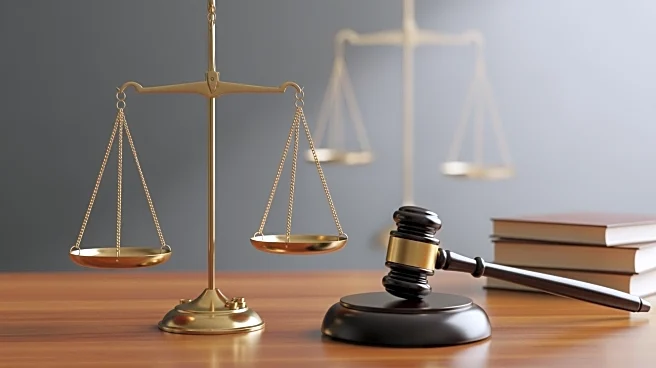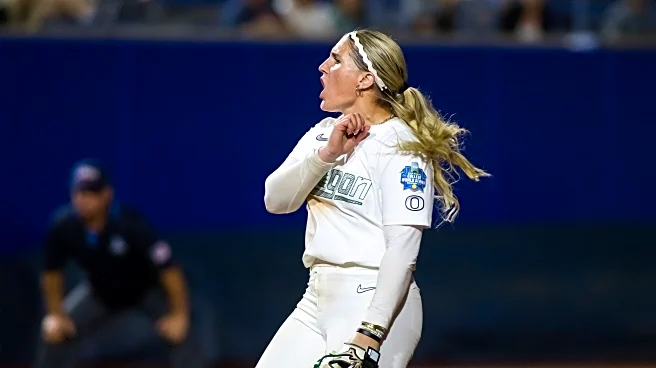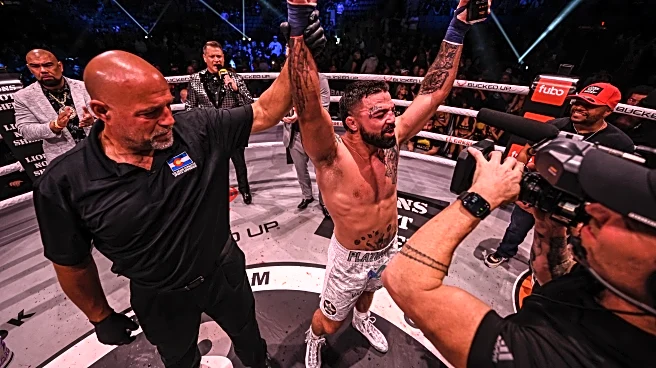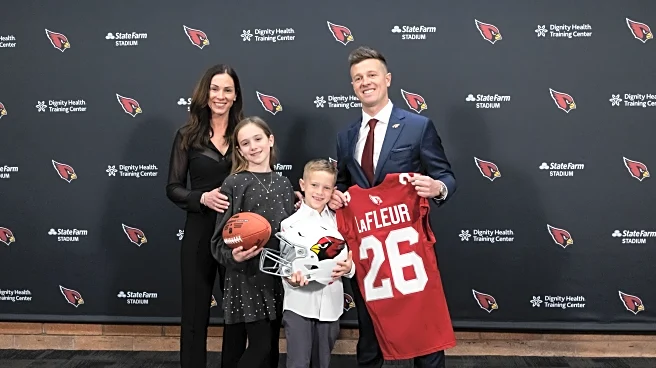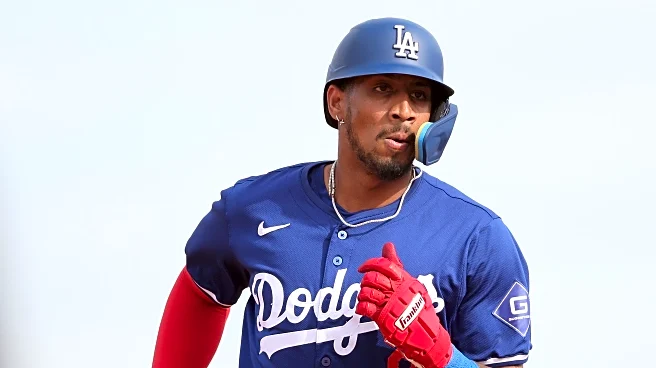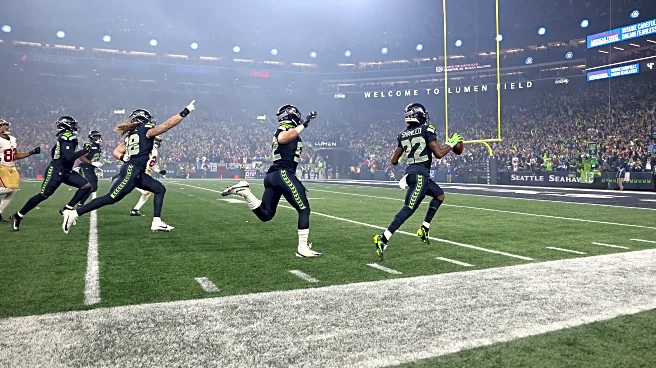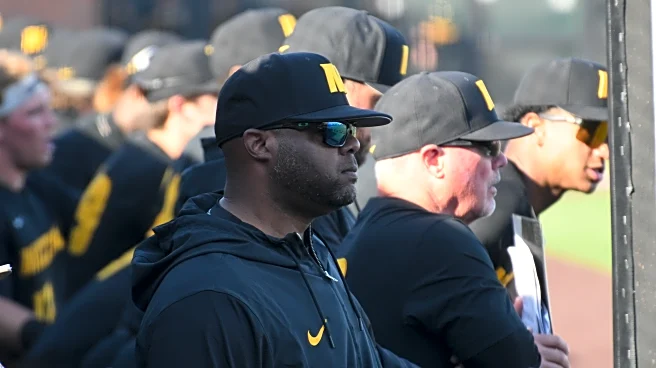What's Happening?
U.S. District Judge Sara Ellis has expanded a restraining order concerning federal agents' conduct during protests in Chicago. The order now mandates that all federal agents involved in Operation Midway Blitz, who possess body cameras, must have them
activated during encounters with protesters. This decision follows concerns that the Trump administration may not be adhering to the judge's previous instructions aimed at reducing violent encounters. The initial order was issued after reports of federal agents targeting peaceful protesters and journalists, including incidents where tear gas and pepper balls were used. The Department of Justice has expressed logistical challenges in implementing the body camera requirement, citing resource constraints. The judge's decision comes amid ongoing tensions between federal law enforcement and local communities, with accusations of excessive force and constitutional rights violations.
Why It's Important?
The expanded order by Judge Ellis is significant as it addresses concerns over federal law enforcement's tactics during protests, particularly in urban settings like Chicago. The use of body cameras is intended to increase transparency and accountability, potentially reducing instances of excessive force. This development could impact how federal agencies conduct operations in cities, influencing public policy on law enforcement practices. The decision also highlights the ongoing debate over the balance between national security and civil liberties, with implications for how protests are managed across the U.S. Stakeholders such as local governments, civil rights groups, and federal agencies may experience shifts in their operational strategies and public relations efforts.
What's Next?
Judge Ellis has summoned ICE Field Director Russell Hott to appear in court to explain recent incidents involving tear gas deployment during protests. This hearing could lead to further legal actions or adjustments in federal enforcement strategies. The Trump administration may face increased scrutiny and potential legal challenges regarding its handling of protests. Additionally, Illinois Governor JB Pritzker has expressed support for the judge's decision, indicating possible state-level actions to ensure compliance with the order. The situation may prompt broader discussions on law enforcement reforms and the use of surveillance technology in policing.
Beyond the Headlines
The expanded order raises ethical questions about surveillance and privacy, particularly concerning the use of body cameras by federal agents. It also underscores the cultural and legal tensions between federal authority and local community rights. The situation in Chicago could serve as a precedent for other cities facing similar challenges, influencing national discourse on protest management and civil rights protections. Long-term, this development may contribute to shifts in public perception of federal law enforcement and its role in urban areas.
